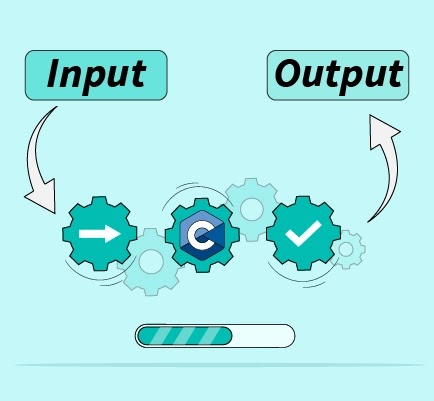C++ is one of the most powerful and versatile programming languages in the world. Known for its performance and efficiency, it is widely used in system/software development, game development, and applications requiring high-performance graphics. If you’re looking to start your journey as a C++ programmer, this guide will provide you with essential tips, tutorials, and resources to get you up and running effectively.
What Makes C++ a Great Choice for Programmers?
C++ combines the performance of low-level programming with the high-level abstraction of object-oriented programming. This makes it an ideal language for a variety of applications, from operating systems to complex games. Learning C++ can provide you with a strong foundation in programming concepts that are applicable to many other languages.
C++ Tutorial for Beginners: Getting Started
1. Understanding C++ Basics
To get started, it's crucial to understand the basic structure of a C++ program. Here’s a simple “Hello, World!” example to introduce you to C++ syntax:
cpp#include <iostream> // Include the input-output stream library
int main() {
std::cout << "Hello, World!" << std::endl; // Print "Hello, World!" to the console
return 0; // Indicate that the program ended successfully
}
Key Concepts to Focus On:
- Variables and Data Types: Learn how to declare and use different data types such as
int,float, andchar. - Control Structures: Understand how to use
if-elsestatements, loops (for,while), andswitchcases to control the flow of your program. - Functions: Study how to create functions to modularize and reuse code effectively.
- Object-Oriented Programming (OOP): Dive into classes, objects, inheritance, and polymorphism to leverage C++'s full capabilities.
Best Way to Learn C++: Effective Strategies
1. Enroll in Structured Courses
- Online Platforms: Websites like Coursera, Udemy, and edX offer comprehensive C++ courses. Look for those with high ratings and positive reviews to ensure quality content.
- Books: Classic texts such as “C++ Primer” by Stanley B. Lippman and “The C++ Programming Language” by Bjarne Stroustrup provide in-depth knowledge and examples.
2. Engage in Hands-On Practice
- Coding Challenges: Participate in coding challenges on platforms like LeetCode, HackerRank, and Codeforces. These will help you apply what you've learned and tackle real-world problems.
- Personal Projects: Start with simple projects like a calculator or a text-based game. Gradually move on to more complex applications as your skills improve.
3. Join the Programming Community
- Forums and Discussion Groups: Engage with communities on Stack Overflow, Reddit’s r/cpp, or local coding meetups. Networking with other programmers can provide valuable support and insights.
Learn C++ Free: Top Resources for Aspiring Programmers
1. Free Online Tutorials and Documentation
- CPlusPlus.com: This site offers comprehensive tutorials, reference materials, and examples to help you understand C++.
- LearnCpp.com: Provides a structured, step-by-step guide suitable for beginners.
2. YouTube Channels
- The Cherno: Offers engaging and informative tutorials on C++ programming.
- ProgrammingKnowledge: Provides a series of beginner-friendly C++ tutorials that cover fundamental concepts.
3. Interactive Learning Platforms
- Codecademy: Offers an interactive C++ course that is great for hands-on learning.
- Khan Academy: Provides introductory programming concepts that complement C++ studies.
4. GitHub Repositories
- Explore open-source projects and code examples on GitHub. Reviewing and contributing to these projects can give you practical experience and insight into real-world applications.
Conclusion
Embarking on the journey to become a proficient C++ programmer can be incredibly rewarding. By following a structured tutorial for beginners, employing effective learning strategies, and utilizing free resources, you can build a strong foundation in C++ programming. Remember, consistent practice and engagement with the programming community are key to mastering this versatile language.




.jpg)
0 Comments